How To Stop Scalp Itching At Night
End the itch with natural remedies like apple cider vinegar, essential oils, and meditation.
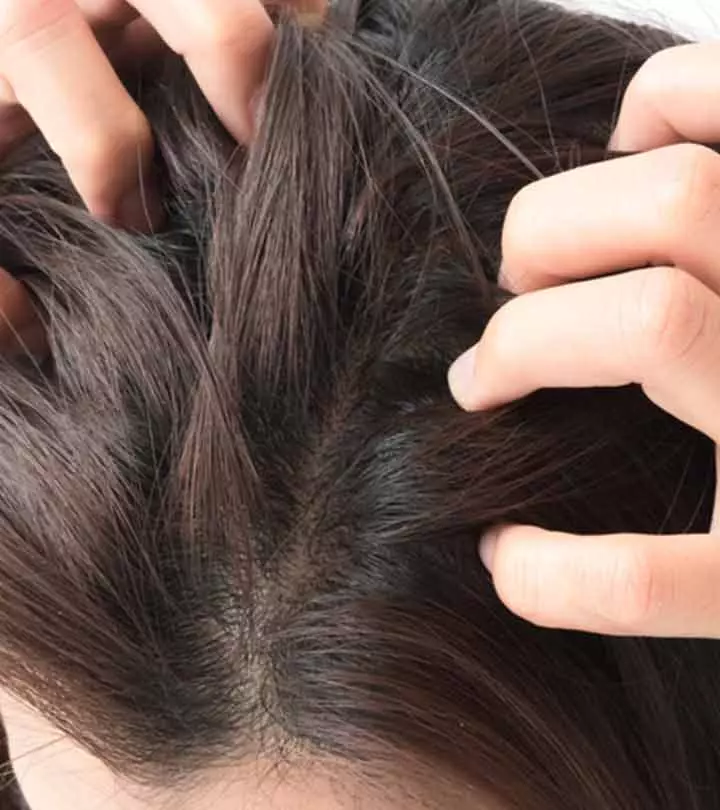
Image: Shutterstock
If scalp itching at night is a common occurrence for you, it might be a chronic scalp condition that can cause sleeplessness. While it may be a common issue, it can quickly become more severe and complicated. Aggressively scratching your scalp can damage hair follicles and lead to hair breakage and loss. Learn about the many reasons that make your scalp itchy, the complications that might arise by constantly scratching your head, and the remedies that can help soothe the itching. Read on.
In This Article
Why Does My Scalp Itch at Night?
1. Dandruff

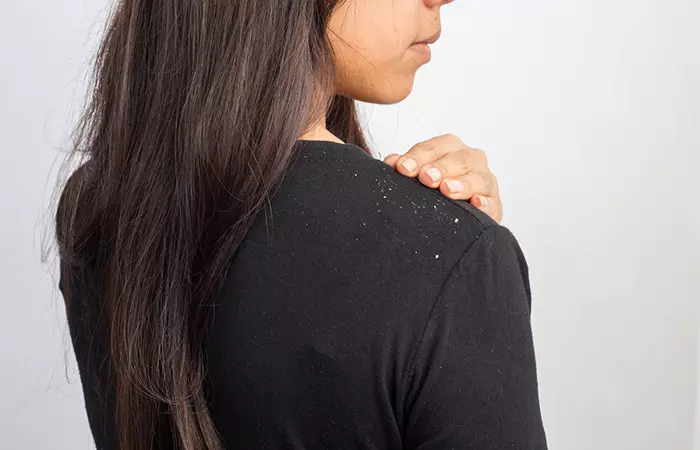
Dandruff causes mild itchiness and flaking on your scalp without any inflammation (1). Using hair products specifically formulated for treating dandruff may help reduce the itch. However, if you experience severe itching, it is unlikely to be just dandruff. Consult a doctor for a proper diagnosis and find the exact reason.
2. Reaction To Hair Products
Your scalp may itch or develop a rash if you have an allergic reaction to an ingredient in your shampoo, conditioner, or any other hair product.
You can determine the exact product that is causing the allergic reaction and replace it with one that suits your skin.
Even improper hair washing can make your scalp itch. If you do not rinse your hair thoroughly after shampooing or conditioning, the resultant product buildup can lead to itching.
3. Head Lice
Head lice are another cause of an itchy scalp
(2). If you believe that the reason behind your scalp itch is head lice, try to examine your scalp to see for signs of head lice.
4. Scalp Psoriasis
Scalp psoriasisi An autoimmune skin disease that causes a rash and leads to patches of itchy and scaly skin usually on the scalp and knees. can fill your scalp with itchy, scaly patches also called plaques (3). It also may cause dandruff-like flaking and a dry scalp.
5. Atopic Dermatitis
Atopic dermatitisi Also known as eczema, a common skin condition that causes inflammation, itchiness, and dryness also known as eczema, causes your skin to become inflamed and itchy (4). It also can irritate your scalp if it spreads.
6. Stress
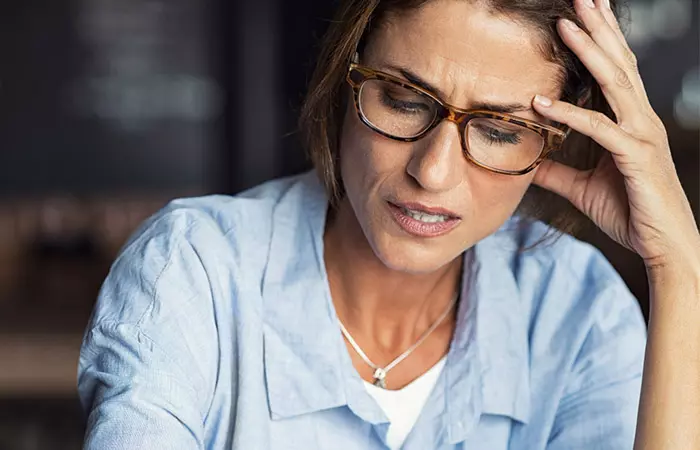
Anxiety and stress might also cause scalp itching. If you are going through a major life event that is causing you stress and anxiety, you might suffer from an itching scalp (5). If the itching is due to chronic inflammatory conditions like psoriasis, seborrheic dermatitisi Also referred to as seborrheic eczema, a common skin condition that causes inflammation, scaly patches, and dandruff on the scalp , and pityriasis amiantaceai A rare inflammatory skin condition that causes thick scaling of wax on the scalp which binds down tufts of hair. , stress may cause flare-ups and itching.
7. Scalp Ringworm
Scalp ringworm, also known as tinea capitis, is a fungal infection that can cause persistent scalp itching. The fungus irritates the skin, leading to discomfort and itchiness (6). It often appears as circular, scaly patches on the scalp. Proper treatment, which may include antifungal medications, is essential to alleviate its symptoms, treat the infection, and prevent its spread to others.
8. Scabies
Scabies, a contagious skin infestation caused by the Sarcoptes scabiei (itch mite) can lead to severe scalp itching. The mites burrow into the skin, laying eggs, and causing an itchy, inflamed rash (7). This condition can spread quickly, so prompt medical treatment is necessary to eradicate the infestation and relieve the itching.
 Did You Know?
Did You Know?A few natural remedies may help treat an itchy scalp. The best treatment for itch associated with chronic inflammatory conditions is Cade oil, a type of tar derived from the Juniper tree. It is a fantastic antipruritic (anti-itch) and antimitotic (it slows down cell division, reducing scale buildup) agent. You may use it. Now, you can scroll down to check out other home remedies for itchy scalp.
Key Takeaways
- Itchy scalp can result from dandruff, reaction to certain ingredients in hair products, or head lice .It could also be due to a chronic inflammatory condition like seborrheic dermatitisi A common, non-contagious skin condition that leads to redness and scaly patches and mainly affects the scalp. .
- Natural ingredients like apple cider vinegar and essential oils have anti-inflammatory and soothing properties that help reduce itching.
- Stress and anxiety can also cause an itchy scalp, so meditation can be the best bet.
Natural Remedies To Stop An Itchy Scalp At Night
1. Apple Cider Vinegar
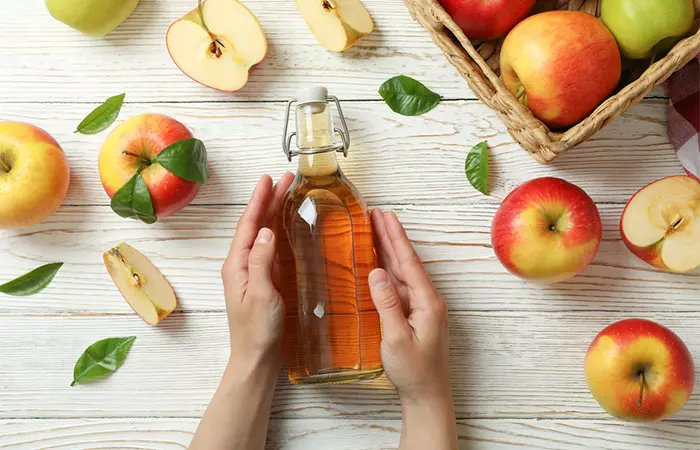
Apple cider vinegar is known for its antimicrobial, anti-inflammatory, and antifungal properties (8), (9). Hence, using apple cider vinegar may help reduce scalp itching, caused by fungal infections.
You Will Need
- Apple cider vinegar
- Water
- Spray bottle
What You Have To Do
- Fill half the spray bottle with apple cider vinegar and the remaining half with water.
- Mix well and store.
- Use the mixture whenever your scalp itches.
Note:
Do a patch test on your skin to check if ACV is causing burns.
2. Peppermint Essential Oil
Peppermint has a cooling effect on the skin (10). This property might help reduce the itch.
You Will Need
- Peppermint essential oil, 2 drops
- Carrier oil, 5 drops
What You Have To Do
- Mix 2 drops of peppermint oil and 5 drops of carrier oil.
- Massage the mixture into your hair.
- Wash your hair with shampoo and conditioner after 20 minutes.
3. Lavender Essential Oil
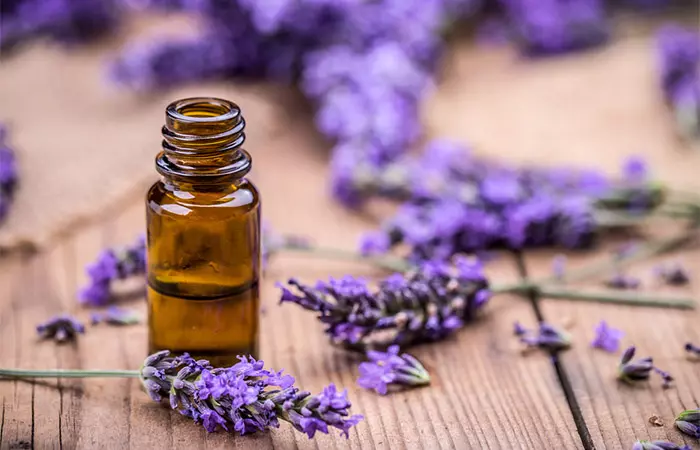
Lavender oil helps eliminate head lice and may relieve the associated itching (11).
You Will Need
- Lavender essential oil, 2 drops
- Carrier oil, 5 drops
What You Have To Do
- Mix 2 drops of lavender essential oil and 5 drops of carrier oil in the palm of your hand.
- Massage the mixture into your hair and scalp.
- Wash your hair with a shampoo and a conditioner after 20 to 30 minutes.
Christina Alexandria, a blogger, shared her hair care routine that soothes an itchy scalp. She starts by spraying her hair with an aloe vera mix that contains peppermint, lavender, and eucalyptus essential oils and aloe vera juice. She follows it up with hair oil and a strengthening treatment. She adds, “The treatment helps my hair from breaking while wearing twists. I do this weekly and it stops all the itch (i).”
4. Tea Tree Oil
Tea tree oil has an anti-inflammatory effect (12). It may help ease scalp itching or irritation. The oil may also help treat the itching caused by dandruff or head lice (13). Tea tree oil repels head lice and does not treat them. You may use it as a preventive measure.
You Will Need
- Tea tree oil, 5 to 10 drops
- Carrier oil, 10 drops
What You Have To Do
- Mix the tea tree oil with the carrier oil.
- Massage it into your hair.
- Wash your hair after some time.
- Alternatively, you can also use shampoos and other hair products containing tea tree oil.
5. Meditation
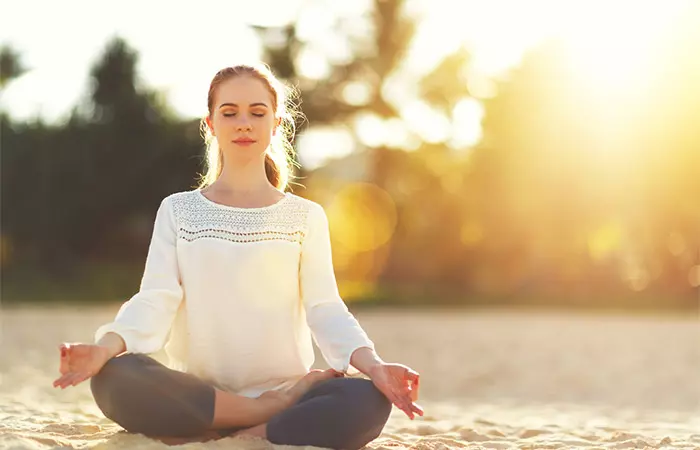
Research suggests that meditation can reduce anxiety and stress (14). It may also help relieve the associated scalp itching.
 Quick Tip
Quick TipThese natural remedies are convenient solutions for an itchy scalp, however, they may work slowly and individual results may vary. If natural remedies are not providing enough relief, you may want to consider over-the-counter solutions. In the following section, explore effective treatments to keep your scalp itch-free!
Over-The-Counter Shampoo Treatments
You can treat an itchy scalp at home, but sometimes seeing a dermatologist or using over-the-counter medicated shampoos can provide better results. Consider the following.
- Salicylic Acid Shampoos: Salicylic acid can help by breaking down flaky skin that causes itchiness associated with issues like dandruff (15). Use as per package instructions for adequate relief.
- Zinc Pyrithione Shampoos: Zinc Pyrithione helps with inflammation and itchiness from conditions like dandruff and seborrheic dermatitis (16). This ingredient can dry out your hair, so use it about once a week.
- Selenium Sulfide Shampoos: Selenium sulfide is known for its strong anti-fungal benefits and can help with dandruff and itching (15). Use it twice a month for optimum results.
- Ketoconazole Shampoo: Ketoconazole is an anti-fungal dandruff, scalp yeast infections, and itchy, scaly spots (15). Try using it once a week for fast relief.
Infographic: Top Home Remedies For Scalp Itching At Night
Factors like anxiety, head lice, and atopic dermatitis can cause scalp itching at night. While it is a very common issue, it may cause hair damage if left untreated. The good news is a few simple kitchen ingredients can help manage the condition. Check out the infographic below for top home remedies for scalp itching at night.
Some thing wrong with infographic shortcode. please verify shortcode syntaxAmongst many scalp problems, an itchy scalp is considered one of the top annoying issues. To tackle the problem, it is important to understand it thoroughly. Your scalp could feel itchy at night for many reasons, including allergies. It could be because of dandruff, reaction to a hair product, head lice, scalp psoriasis, atopic dermatitis, or stress. In some cases, a dry scalp can also cause itching. Using store-bought products can worsen the itching, which is why we recommend opting for natural remedies. You can use apple cider vinegar, peppermint oil, lavender oil, or tea tree oil to soothe an itchy scalp. Massage these oils into your scalp before you sleep. You can also try meditation to stop your scalp from itching at night. If the itching persists, consult a trichologisti A specialist in trichology (medical study of hair and scalp) who is licensed to treat hair- and scalp-related conditions for a complete diagnosis and treatment options.
Frequently Asked Questions
Should you wash your hair if it’s itchy?
Yes, you can wash your hair if your scalp feels itchy. Using ingredients like apple cider vinegar can effectively manage the itchiness on the scalp. But if your hair is dry, washing it too often may aggravate the itchiness.
Does coconut oil help itchy scalp?
Yes, coconut oil can help soothe an itchy scalp. It has hydrating and moisturizing properties that can manage the dryness and itchiness of the scalp. You can massage coconut oil into your scalp 1-2 hours before washing your hair.
When should I seek medical advice for scalp itching at night?
Seek medical advice if scalp itching extends for a longer period of time or is accompanied by skin rash, pain, or hair loss.
Are there any specific lifestyle factors that can contribute to scalp itching at night?
Lifestyle factors such as stress, anxiety, and poor hygiene can contribute to scalp itching at night.
Can wearing certain types of hats or head coverings exacerbate scalp itching at night?
Wear loose and breathable fabric hats or head coverings. Synthetic or tight-fitting hats or head coverings can trap heat and sweat and can worsen scalp itching by fostering bacteria and fungi.
How long does scalp itching at night typically last?
Depending on the underlying condition, scalp itching at night lasts a few days or several weeks.
Can changing my diet or incorporating specific nutrients help alleviate scalp itching at night?
Consume a balanced diet including zinc, biotin, and vitamin D. These nutrients can help alleviate scalp itching.
Is it normal for scalp itching at night to come and go, or should it always be addressed?
Scalp itching at night should always be addressed, as it may indicate some underlying problem, especially if it persists for long periods of time.
Illustration: How To Stop Scalp Itching At Night
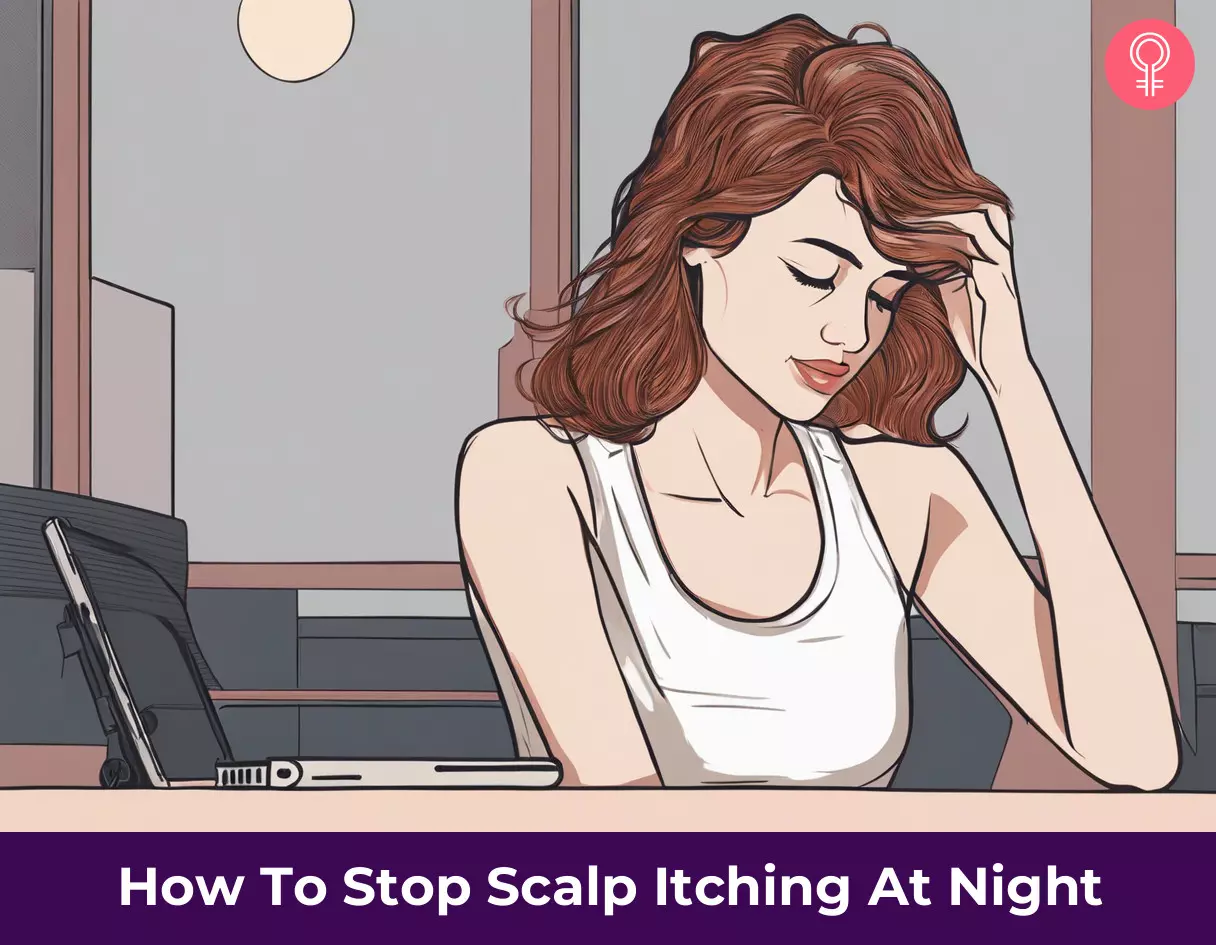
Image: Stable Diffusion/StyleCraze Design Team
An itchy scalp can be uncomfortable. Learn the reasons behind itchy scalp and how to treat it and get relief from the video below.
Personal Experience: Source
StyleCraze's articles are interwoven with authentic personal narratives that provide depth and resonance to our content. Below are the sources of the personal accounts referenced in this article.
i. MY SCALP IS AN ITCHY MESS: PROTECTING YOUR SCALP WHILE PROTECTIVE STYLINGhttps://naturally4chic.wordpress.com/2015/05/27/my-scalp-is-an-itchy-mess-protecting-your-scalp-while-protective-styling/
References
Articles on StyleCraze are backed by verified information from peer-reviewed and academic research papers, reputed organizations, research institutions, and medical associations to ensure accuracy and relevance. Read our editorial policy to learn more.
- Seborrheic Dermatitis and Dandruff: A Comprehensive Review
https://www.ncbi.nlm.nih.gov/pmc/articles/PMC4852869/ - Head lice infestations: A clinical update
https://academic.oup.com/pch/article/23/1/e18/4860349?login=true - Psoriasis
https://medlineplus.gov/ency/article/000434.htm - Eczema (Atopic Dermatitis)
https://www.niaid.nih.gov/diseases-conditions/eczema-atopic-dermatitis - Stressful major life events are associated with a higher frequency of cutaneous sensory symptoms: an empirical study of nonclinical subjects
https://onlinelibrary.wiley.com/doi/abs/10.1111/j.1468-3083.2004.00931.x - Tinea Capitis
https://www.ncbi.nlm.nih.gov/books/NBK536909/ - Scabies
https://www.ncbi.nlm.nih.gov/books/NBK544306/#:~:text=Scabies%20is%20a%20contagious%20skin%20condition%20resulting%20from%20the%20infestation,is%20relentless%2C%20especially%20at%20night. - Antimicrobial activity of home disinfectants and natural products against potential human pathogens
https://pubmed.ncbi.nlm.nih.gov/10656352/ - Apple Cider Vinegar (ACV) and their Pharmacological Approach towards Alzheimers Disease (AD): A Review
https://www.ijper.org/sites/default/files/IndJPhaEdRes-54-2s-67.pdf - Mentha piperita (Peppermint)
https://home.liebertpub.com/publications/dermatitis/672/overview - Antimicrobial efficacy of five essential oils against oral pathogens: An in vitro study
https://www.ncbi.nlm.nih.gov/pmc/articles/PMC4054083/ - A comparative study of antibacterial and anti-inflammatory effects of mouthrinse containing tea tree oil
https://www.ncbi.nlm.nih.gov/pmc/articles/PMC5516420/ - Activity of tea tree oil and nerolidol alone or in combination against Pediculus capitis (head lice) and its eggs
https://link.springer.com/article/10.1007/s00436-012-3045-0 - Effects of meditation on anxiety, depression, fatigue, and quality of life of women undergoing radiation therapy for breast cancer
https://www.sciencedirect.com/science/article/abs/pii/S0965229913000988 - DANDRUFF: THE MOST COMMERCIALLY EXPLOITED SKIN DISEASE
https://pmc.ncbi.nlm.nih.gov/articles/PMC2887514/ - Scalp Stratum Corneum Histamine Levels: Novel Sampling Method Reveals Association with Itch Resolution in Dandruff/Seborrhoeic Dermatitis Treatment
https://www.medicaljournals.se/acta/content/html/10.2340/00015555-1073
Read full bio of Dawn Hilton
Read full bio of Anjali Sayee
Read full bio of Eshna Das
Read full bio of Krati Darak






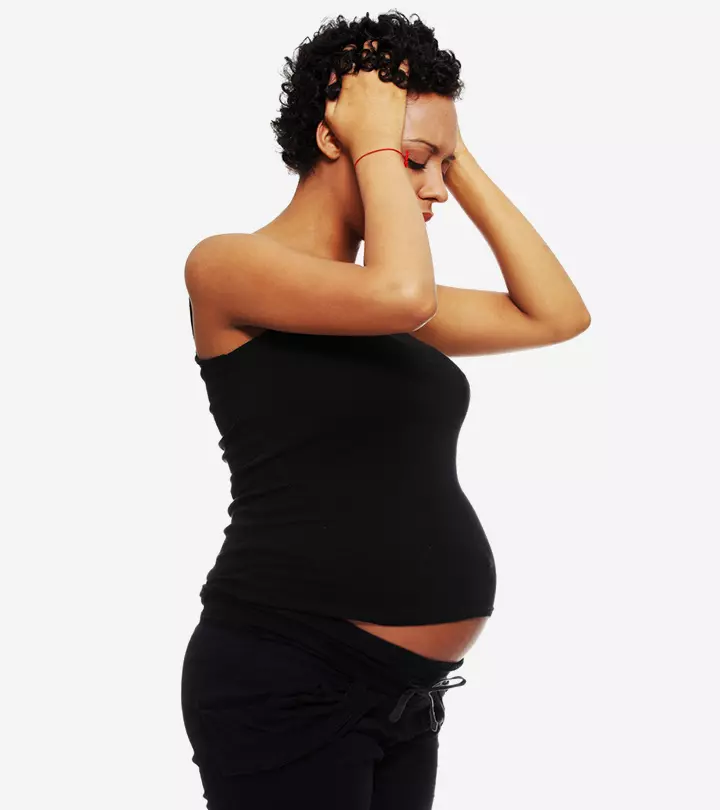
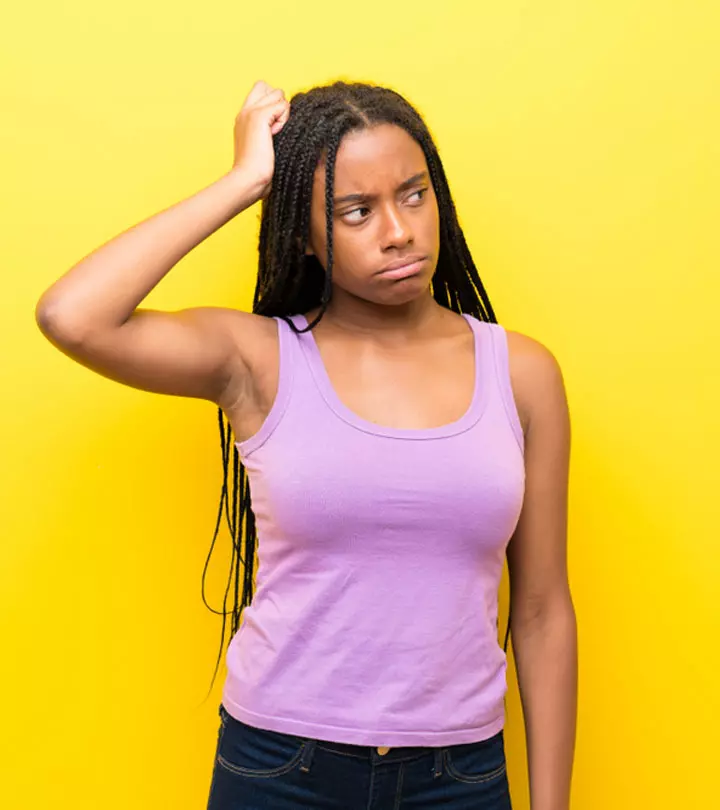
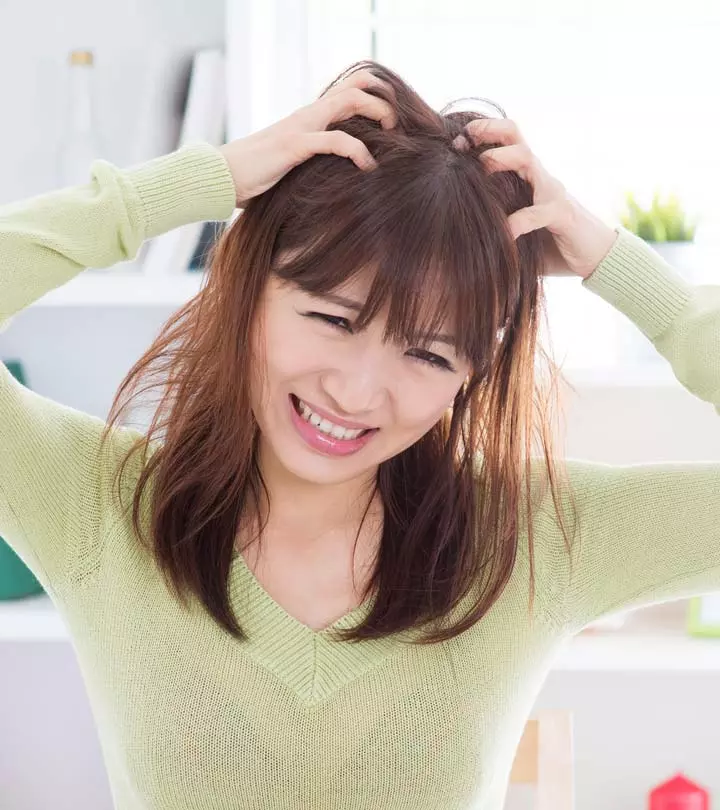
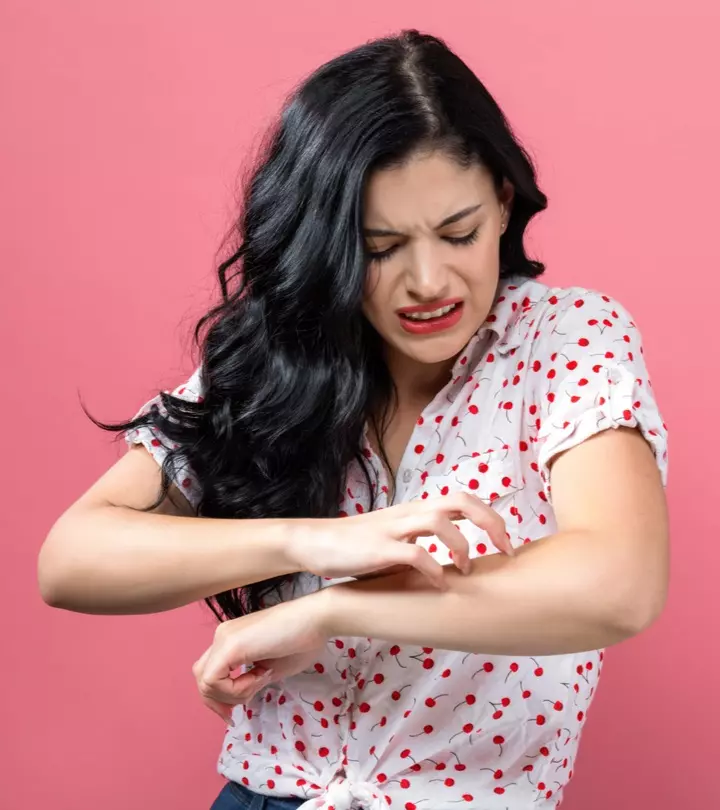
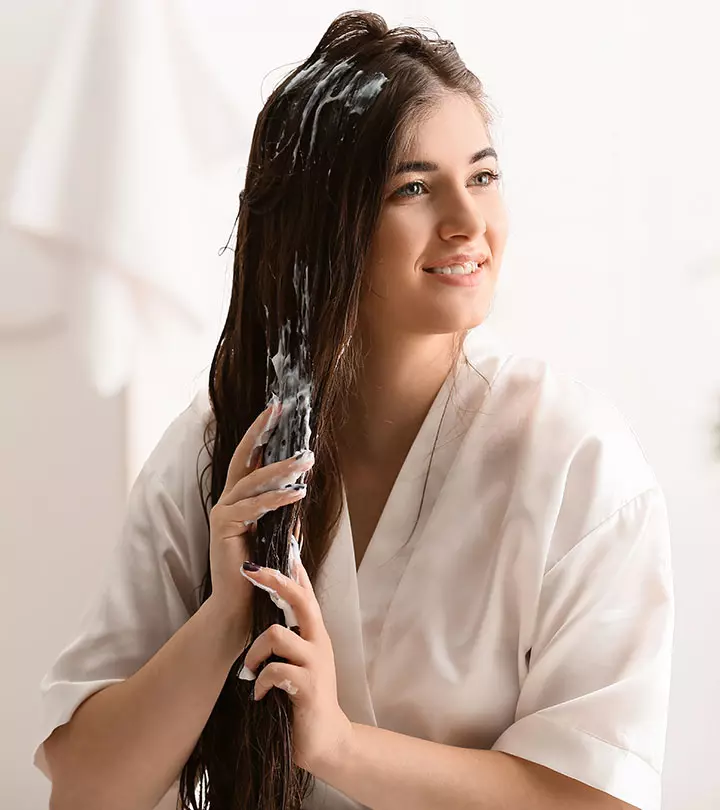
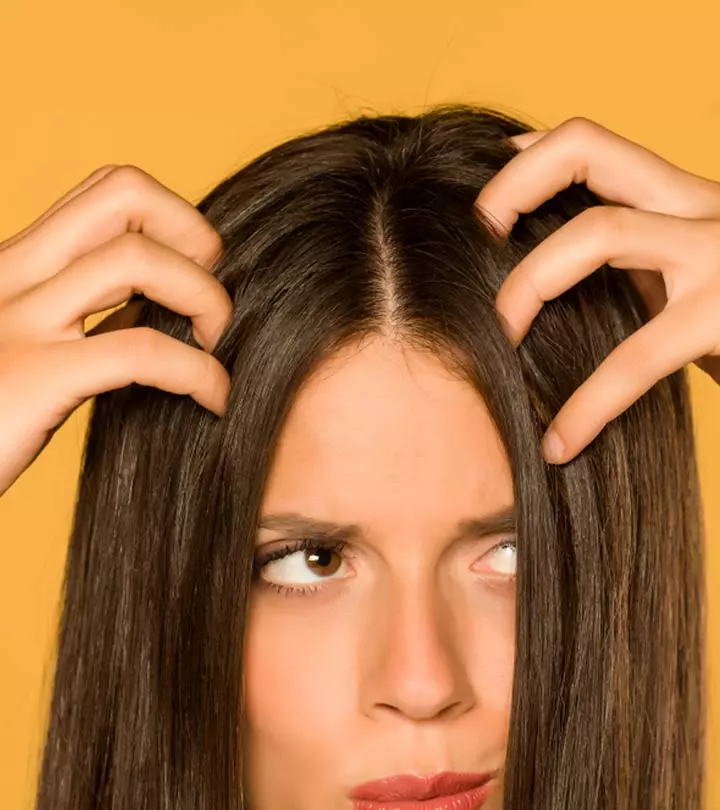
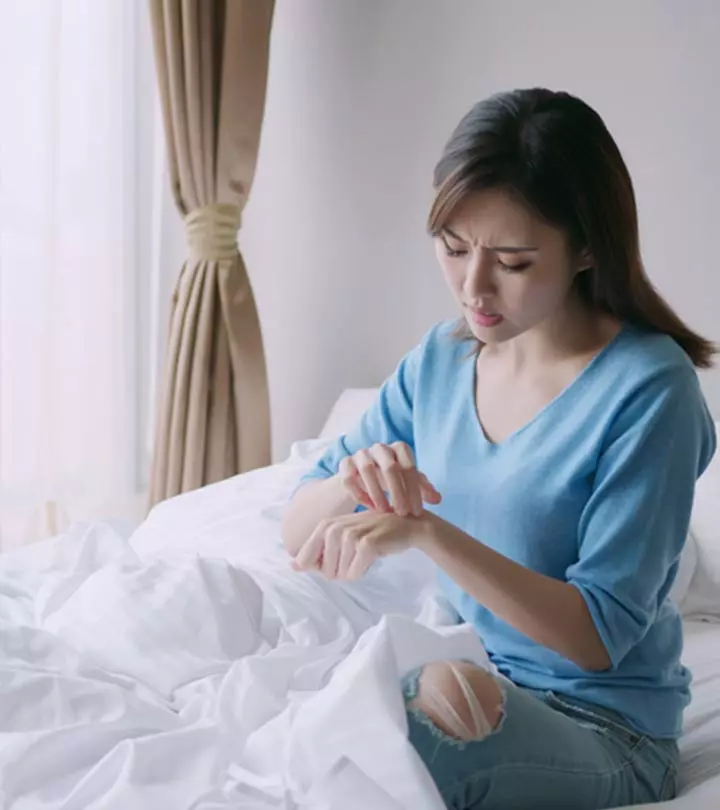
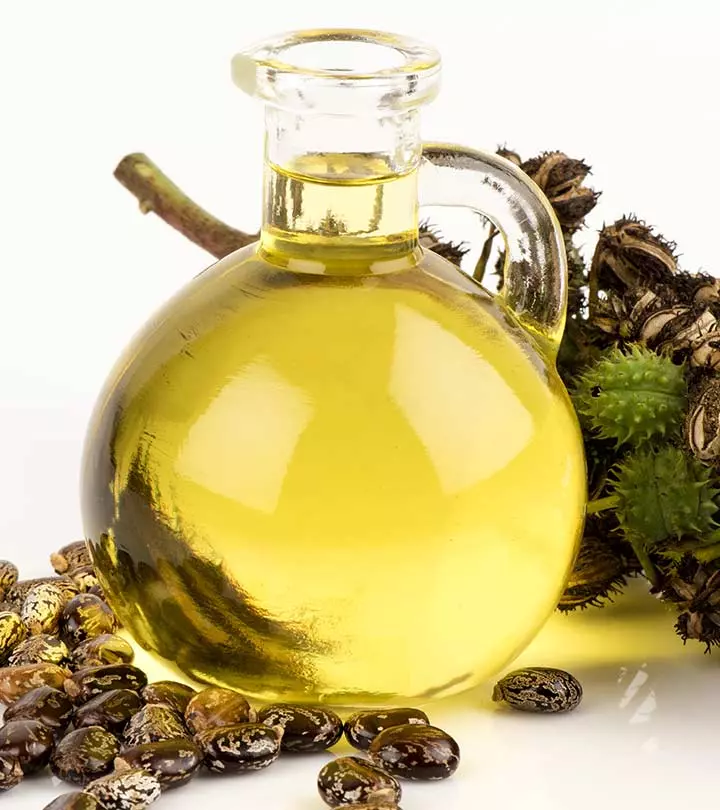
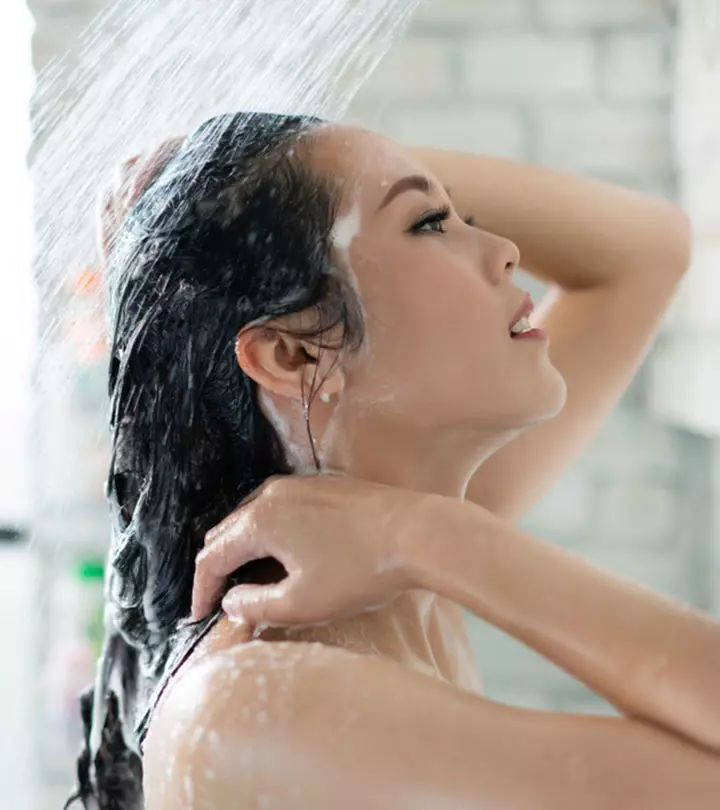
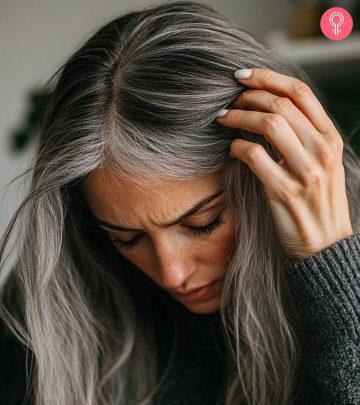
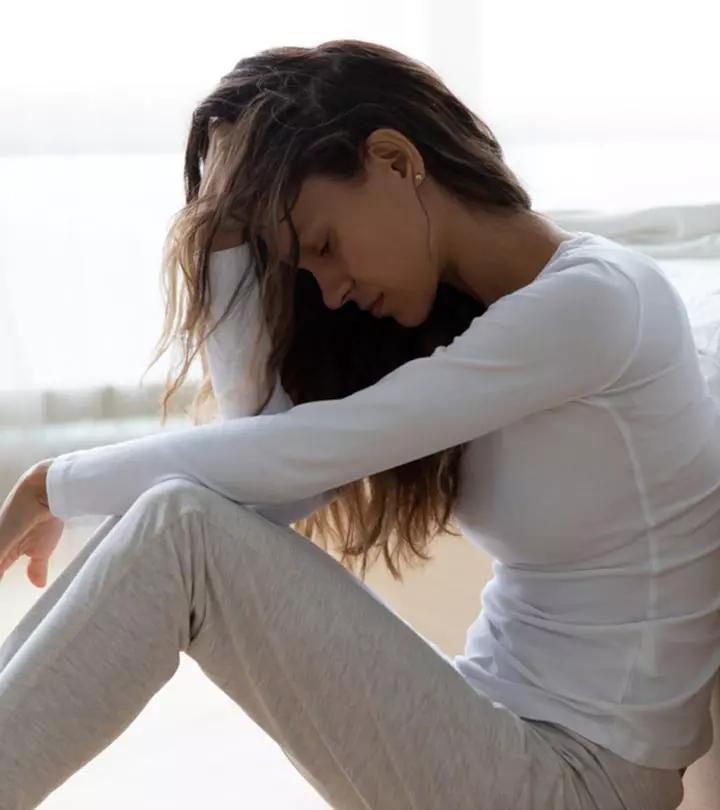
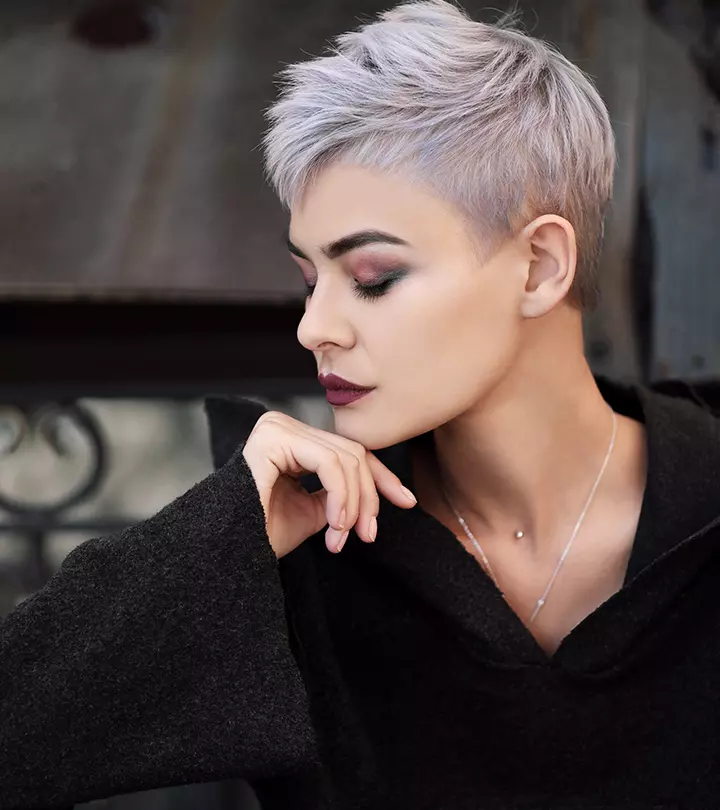
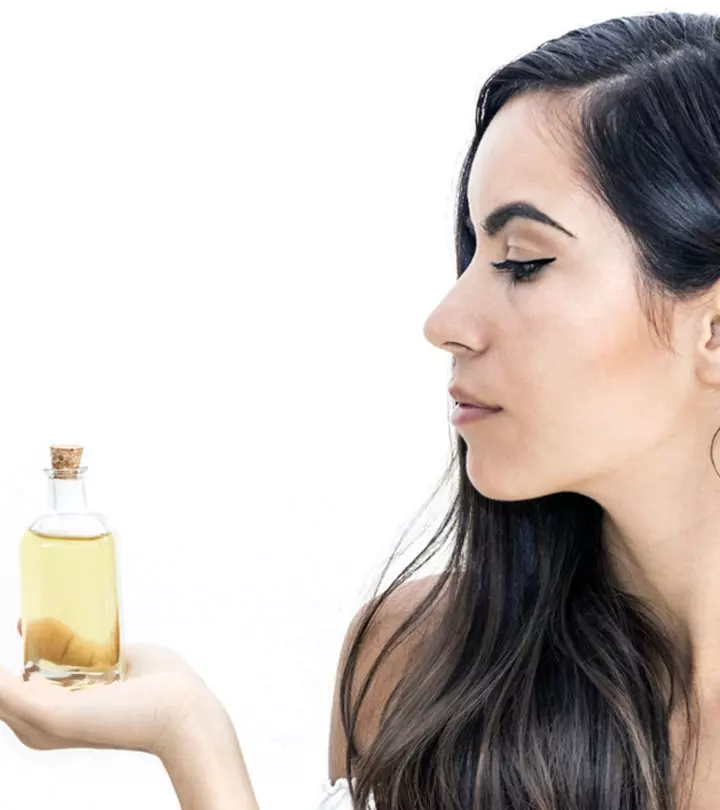
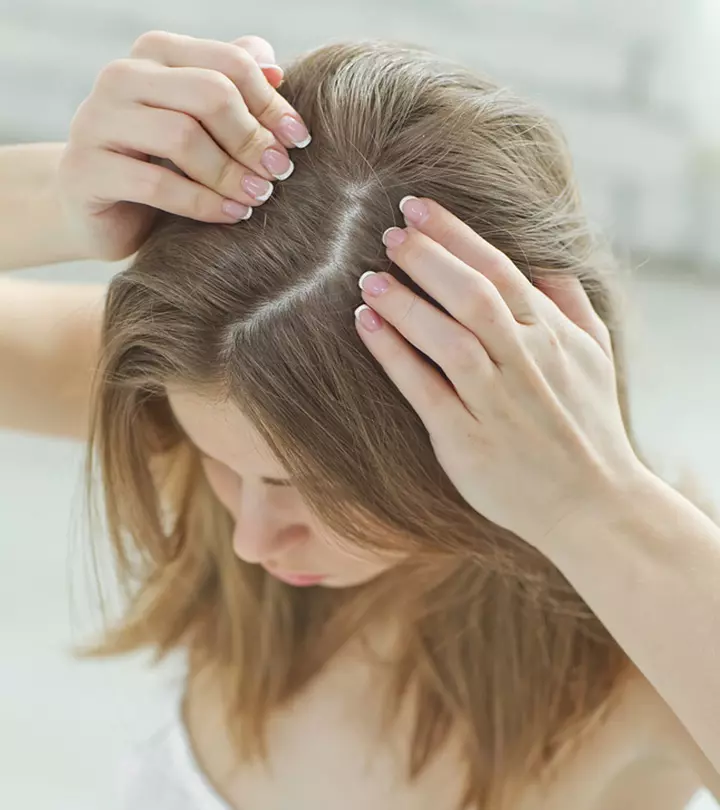
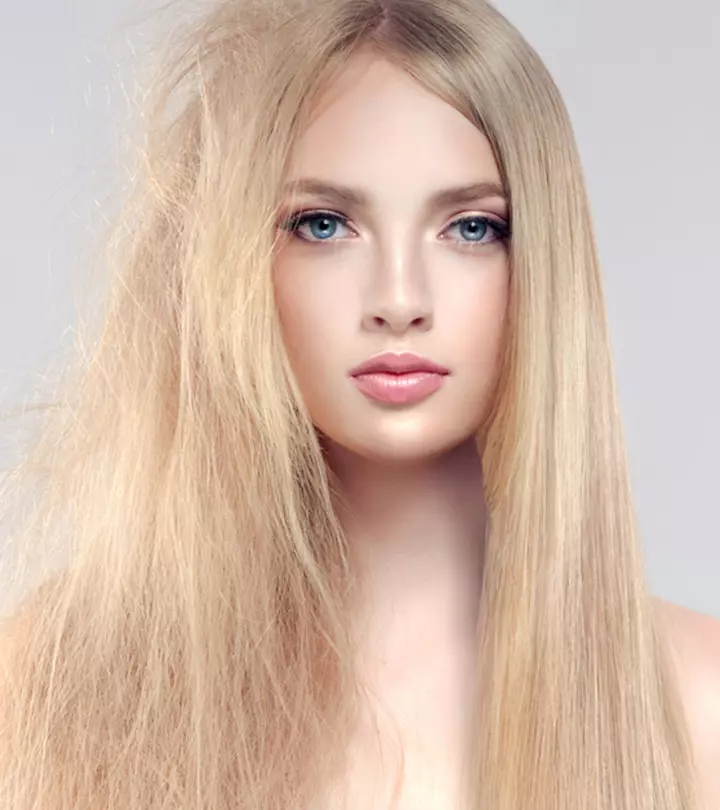
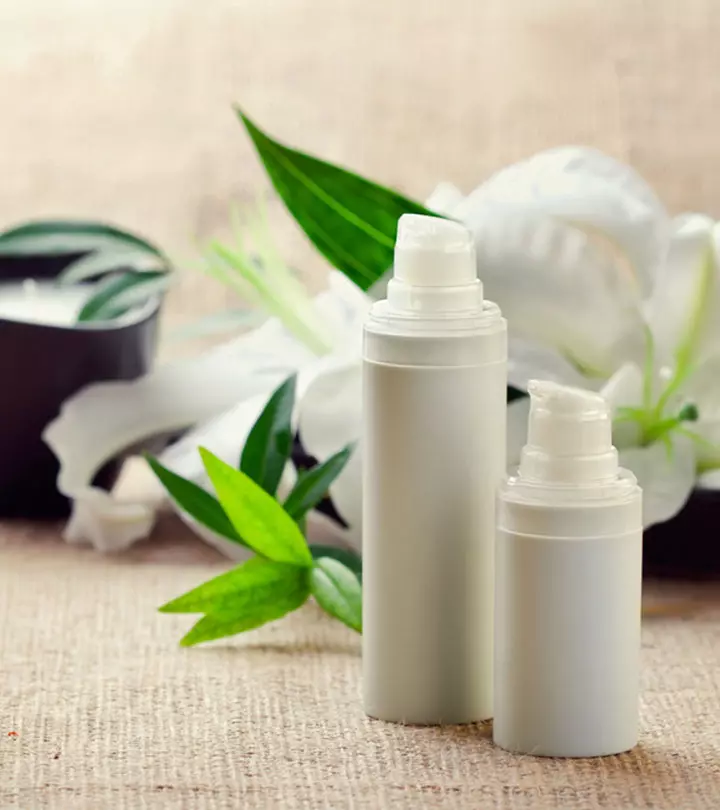
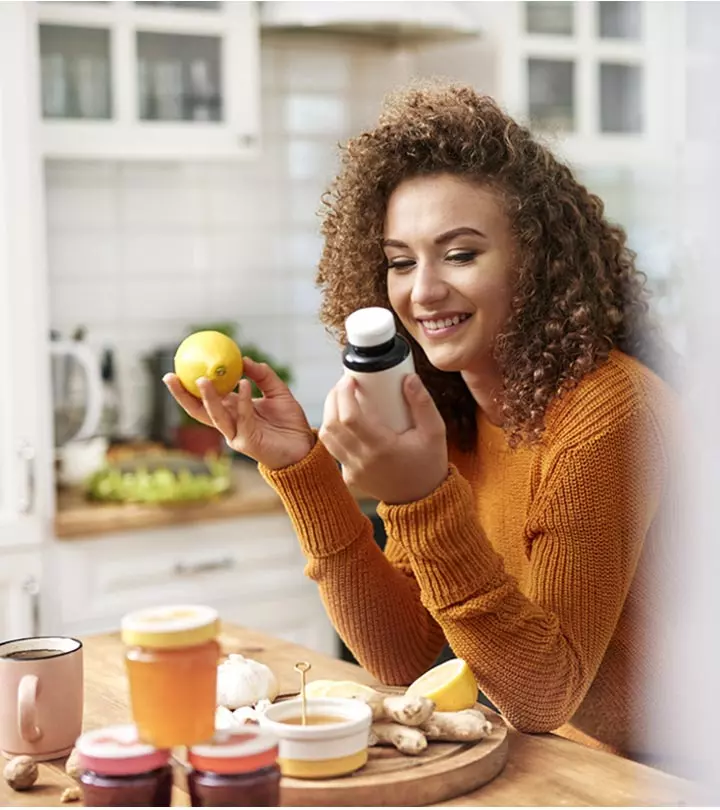
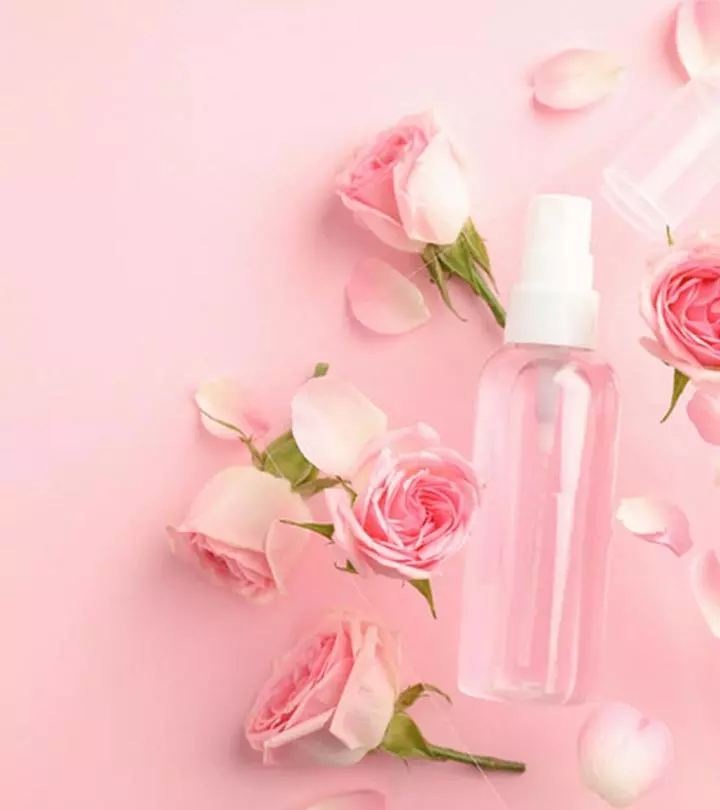
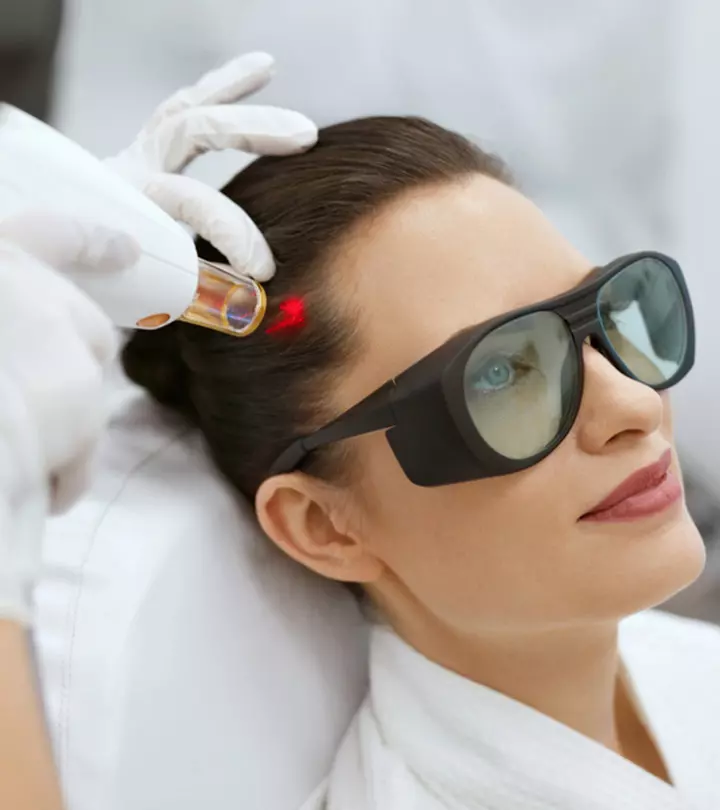
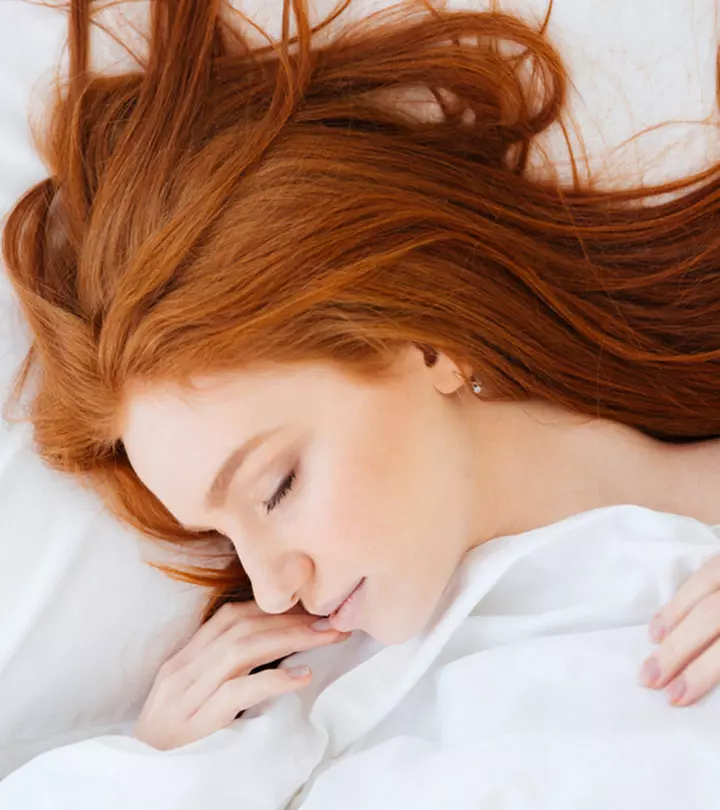
Community Experiences
Join the conversation and become a part of our empowering community! Share your stories, experiences, and insights to connect with other beauty, lifestyle, and health enthusiasts.